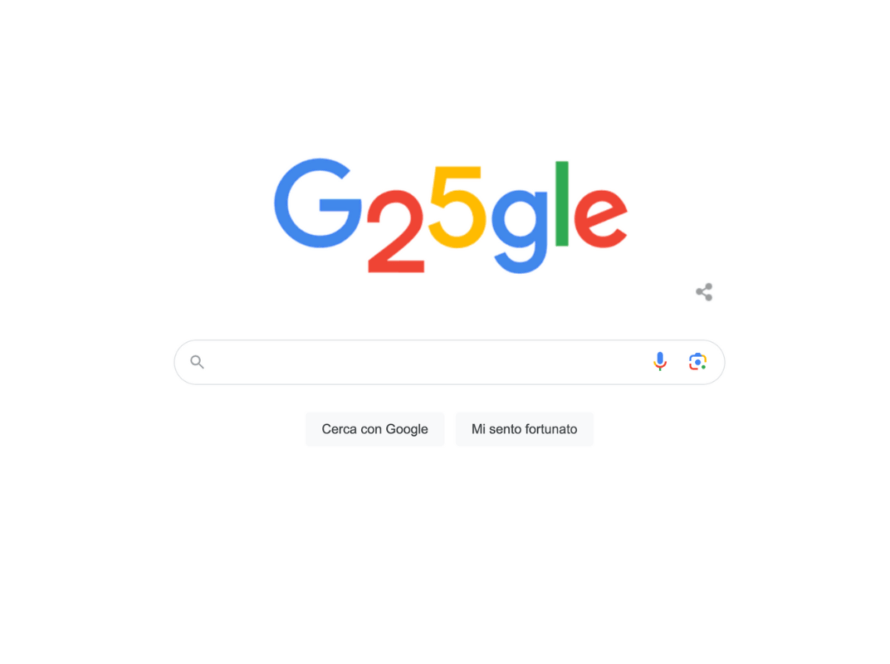The Olympics, which recently concluded in Paris, are one of the most anticipated and followed global events, with millions of viewers tuning in from every corner of the planet. However, beyond the athletic competitions, this event offers a unique opportunity to analyse the role of political communication in such a vast and diverse context.
From the ring to the political arena
Since their inception, the Olympics have been conceived as a way to unite different peoples under the banner of fair play. However, due to their global visibility, the Games have also become a means of political communication. A prime example of this dynamic occurred during the recent Paris 2024 Olympics when Italian boxer Angela Carini withdrew from her match against Algerian Imane Khelif. What was supposed to be a simple sporting competition quickly became a vehicle for political propaganda: right-wing figures spread claims that Khelif was a transgender man, turning the event into an ideological battleground.
This case clearly demonstrates how sports can be exploited to promote specific political narratives. Despite clarifications from the International Olympic Committee and the media confirming that Khelif was born a woman, the incident highlighted how easily sports can become a platform for partisan political communication.
Political communication in the Olympic context
Analysing the Olympic event reveals various aspects of political communication. A notable example is the propaganda often accompanying the Games, as seen during the 1936 Berlin Olympics, which were used by the Nazi regime to exalt the supposed superiority of the Aryan race. Even in more recent times, the Olympics have been the stage for political claims and protests, such as during the 1968 Mexico City Olympics, when African American athletes Tommie Smith and John Carlos raised a black-gloved fist on the podium as a symbol of protest against racial discrimination in the United States.
Another significant example is the Moscow 1980 and Los Angeles 1984 Olympics, marked by respective boycotts from Western nations and the Soviet Union, as highlighted in an article by Euronews. These episodes demonstrate how politics harnesses the universality of sports to reach wide and global audiences, conveying messages that go far beyond sports rhetoric.
The Marcell Jacobs case
A recent example of the intersection of politics and sports is the case of Marcell Jacobs, the Olympic gold medalist in the 100 metres at the Tokyo 2020 Olympics. Immediately after his triumph, a political debate erupted in Italy regarding the issue of “jus soli,” the law concerning the acquisition of citizenship for children of immigrants born in Italy.
As reported by an article in the Huffington Post, Jacobs stated that he did not want to be used for political purposes, saying: “I want to be judged on the track, I don’t follow politics. Jus soli? I’m not interested, I’m not prepared, I don’t want to be used.” This example clearly shows how a successful athlete can inadvertently become a political symbol, with their image and words being used to fuel national debates on issues of great social relevance.
A similar debate arose during the Paris 2024 Olympics regarding Italian volleyball player Paola Egonu. Although the athlete received Italian citizenship in 2014, MEP Vannacci commented: “I continue to say that Egonu’s somatic traits do not represent the majority of Italians.”
The stories of Marcell Jacobs and Paola Egonu, though differing in context, are similar in how both athletes have been drawn into political debates related to the issue of citizenship for children of immigrants born in Italy. Both athletes have unwillingly become symbols of broader political and social issues, related to multiculturalism and national identity.
The Olympics as a tool of soft power
The Olympics are a clear example of soft power, where political communication becomes essential in building and strengthening a nation’s image. Countries that host the Games invest enormous resources not only in sports infrastructure but also in communication strategies that can present the country in the most favourable light possible.
The 2008 Beijing Olympics, as highlighted by Euronews, were meticulously orchestrated with a focus on communication, aiming to showcase an image of modernity, efficiency, and economic power to the world. China’s goal was to consolidate its position as a global power, an example of how the Olympics can be used as a soft power tool to influence a country’s international perception.
Sport as a global communication tool
The question is not whether politics should enter sports, but whether it is possible to avoid it. Sporting events, especially those of international scope like the Olympics, naturally tend to reflect the political tensions and dynamics of their time. The Paris 2024 Olympics showed how the Games could be a stage for ideological confrontations on a global scale. However, despite this inevitable politicisation, sports continue to offer moments of genuine unity and sportsmanship. A significant example is the Tokyo 2020 Olympics, where athletes from Qatar and Italy decided to share the gold medal in the high jump final, symbolising a moment of great sportsmanship and collaboration.
A few days after the conclusion of the Paris 2024 Olympics, a reflection is obvious: the Games are not just a sporting event but a powerful means of mass political communication. Capable of uniting and dividing, the Olympics reflect the political tensions of their time and transcend them through athletic gestures. Even when politicised, the Olympics continue to represent a unique opportunity to connect different peoples and cultures, reaffirming their crucial role on the global stage.





